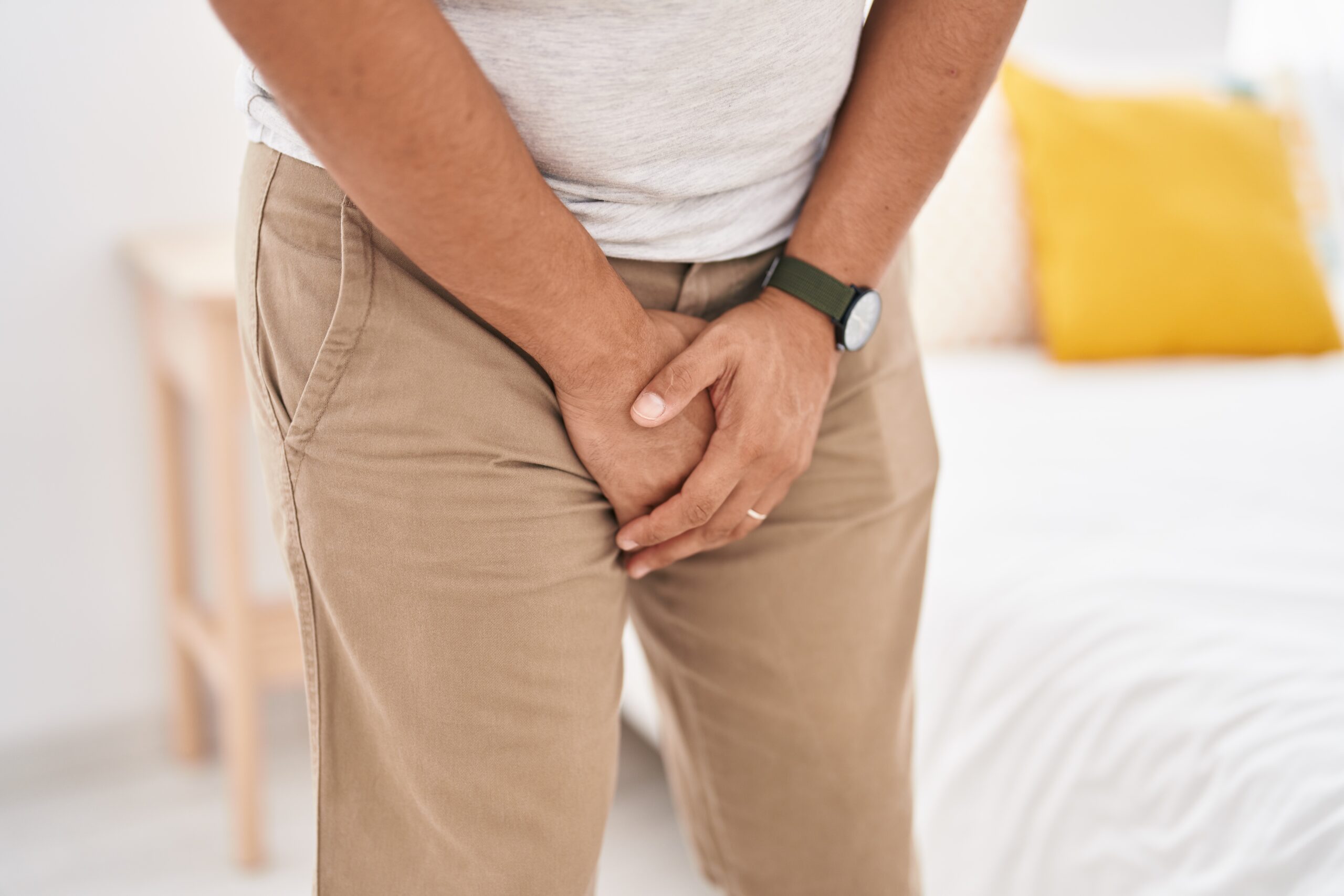Varicocele: Causes, Symptoms, and Treatment Options
March 14, 2025
Varicocele is a condition characterized by the enlargement of veins within the scrotum, similar to varicose veins in the legs. It is a common cause of male infertility and can lead to discomfort, pain, and testicular atrophy. Understanding varicocele, its causes, symptoms, and treatment options can help manage and prevent complications effectively.
What Causes Varicocele?
Varicocele occurs when the veins in the scrotum fail to function properly, leading to poor blood circulation and pooling of blood. The primary causes include:
✅ Valve Malfunction in Veins: Defective valves cause blood to flow backward, leading to vein enlargement.
✅ Increased Abdominal Pressure: Straining due to heavy lifting or chronic constipation can increase pressure in the veins.
✅ Hormonal Imbalances: Abnormal testosterone levels may contribute to varicocele formation.
✅ Genetic Factors: Family history of varicocele or varicose veins increases the risk.
Signs and Symptoms of Varicocele
Varicocele may be asymptomatic in some cases, but common symptoms include:
✔️ Aching or dull pain in the scrotum (worsens after standing for long periods)
✔️ Swelling or a lump in the scrotum
✔️ Visible twisted veins (“bag of worms” appearance)
✔️ Testicular shrinkage (atrophy)
✔️ Fertility issues due to decreased sperm quality and production
Treatment Options for Varicocele
1. Conservative Management
🩲 Wearing Supportive Underwear: Helps reduce discomfort by providing scrotal support.
🏃♂️ Lifestyle Changes: Avoiding heavy lifting and excessive straining can prevent worsening of symptoms.
🧊 Cold Compress: Helps reduce pain and swelling.
2. Minimally Invasive Treatments
💉 Varicocele Embolization: A non-surgical procedure where a catheter is inserted into the affected vein to block abnormal blood flow.
🩺 Laparoscopic Varicocelectomy: A minimally invasive surgery to remove or tie off enlarged veins.
3. Surgical Procedures (For Severe Cases)
🔹 Microsurgical Varicocelectomy: A highly effective surgery with minimal risk of recurrence.
🔹 Open Surgery (Conventional Varicocelectomy): Performed through a small incision in the groin.
1. Is varicocele dangerous?
Varicocele is not life-threatening, but it can cause infertility, pain, and testicular shrinkage if left untreated.
2. Can varicocele cause infertility?
Yes, varicocele is one of the leading causes of male infertility, affecting sperm production and quality.
3. Does varicocele require surgery?
Not always. If symptoms are mild, non-surgical management is recommended. Surgery is considered for persistent pain or infertility concerns.
4. How is varicocele diagnosed?
A doctor can diagnose varicocele through a physical examination and Doppler ultrasound to check blood flow.
5. What is the recovery time after varicocele treatment?
Recovery from embolization is quick (1-2 days), while surgical recovery may take 1-2 weeks with minimal restrictions.
6. Can varicocele come back after treatment?
Recurrence is rare, especially with microsurgical varicocelectomy, which has a high success rate.

Dev Hospitals provides expert care with advanced treatments, ensuring accurate diagnosis and improved patient outcomes.
Contact With Us!
Email: devhospital@gmail.com
Opening Hours: Mon -Sat: 10.00am – 6.00pm